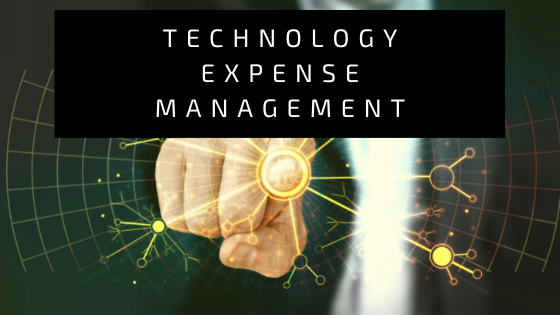Proper expense management is a must for a profitable business, big or small, since profit comes from revenues minus expenses. Revenues, unfortunately for most businesses, are highly variable and subject to a lot of external influences. Expenses, on the other hand, when covered by good expense management are controllable and fairly predictable.
Expenses are everywhere in the business process and the more complex the business, the more complicated the expenses become. It is important, therefore, to know these basic principles of a good expense management system.

Determine expense categories in the order of their strategic importance to the business. Each business is different, even if it operates in the same industry. The size of the business, corporate culture, shareholder structure and growth objectives all contribute to a company’s growth strategy. Within this context, every company must define the relative importance of each expense category. This will dictate how much management time and focus is devoted to controlling and optimizing an expense category.
Automate routine and manage by exception. In any business, regardless of size or complexity, many expenses are routinary in nature. These expenses are best handled by automated processes not only from a cost standpoint but also for reasons of accuracy and reliability. This way, persons involved in the expense management process can devote their time to analyzing deviations, spotting trends and managing exceptions.
Expense data gives as much as takes. Expense data doesn’t just tell a business how much it is giving away. Each invoice paid is a source of information that can be mined for ratios, comparisons, trends and opportunities for improvement. Accounts payable is such a rich source of information that special IT platforms and analytical tools have been developed specializing in this area alone. And that is where IT expense management services come into picture. The telecommunications, utilities and transport industries are two important examples. The data gleaned from accounts payable leads to supply chain analytics with significant cost (and profit) implications for the companies in these industries. The retail sector, above all, relies on supplier invoices to dictate inventory levels and determine shelf allocations.
Electronic invoices are cheaper and quicker to process for information. Information derived from accounts payable is useful only if it is timely. Manual processing of invoices might be less expensive for some businesses in an immediate sense, but its ability to extract information for process optimization and business opportunities may be more expensive for the organization in the long run. Whenever it is feasible, a good Expense Management system should opt for electronic invoices over a manual operation.




